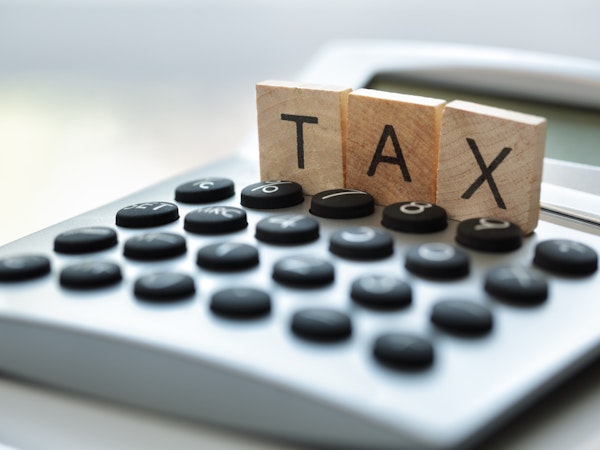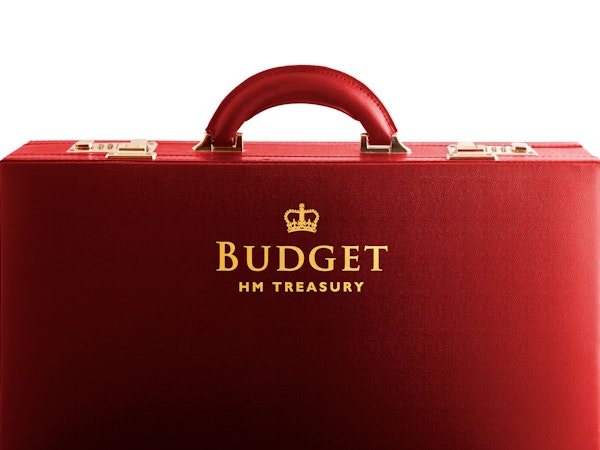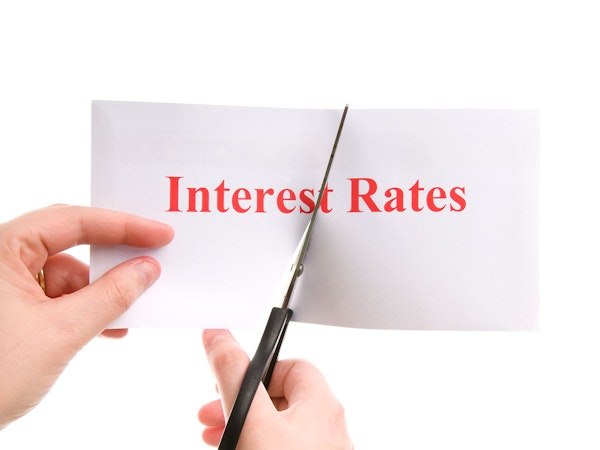Don’t get caught short – the cost of paying tax in arrears
Nearly 700,000 individuals and firms have entered into tax payment plans after getting into arrears on their tax payments.

Research from UHY Hacker Young, backed up by HMRC data, showed that by the end of 2018/19 well over half a million companies and individuals were on ‘time to pay’ arrangements. The major factors cited for the high number are Brexit and the broad slowdown of the economy.
Personal and company insolvency rates are also at the highest levels for nearly a decade, with an increase of 22% in the quarter to September. Corporate insolvencies have risen to a five-year high, although some of this rise may be due to the changing landscape of corporate taxation pushing single-person companies out of business.
A ‘time to pay’ arrangement allows taxpayers to pay taxes owed over an agreed period, but they have to be negotiated and can be difficult to set up. Most last for only a year, which may not be enough time to repay a tax debt. HMRC has said plans can be spread over more than one year and that they work on a case-by-case basis. Tax repayment plans are also subject to interest charges, with the rates payable determined by the length of time the debt has been outstanding, compounding the original problem.
While the loan charge was initially also cited as a reason for the level of time to pay arrangements, HMRC cites a separate set of arrangements available for those dealing with loan charge repayments. The loan charge was put under review in September, although publication of the review’s findings has now been delayed due to the election. With a deadline of January 2020 for settling claims under the charge, HMRC is now under pressure to push the date until the outcome of the review.
The lesson from these stark figures is how important it is to plan for covering your tax payments where you know what they are likely to be. If you are self-employed, a contractor or a small business, estimate how much you need to set aside each month to build up a tax fund.
While there are payment options in place, they could end up costing you more than you originally owed amid the added stress of balancing your books. If you need any help with your tax payments, please contact us sooner than later.





